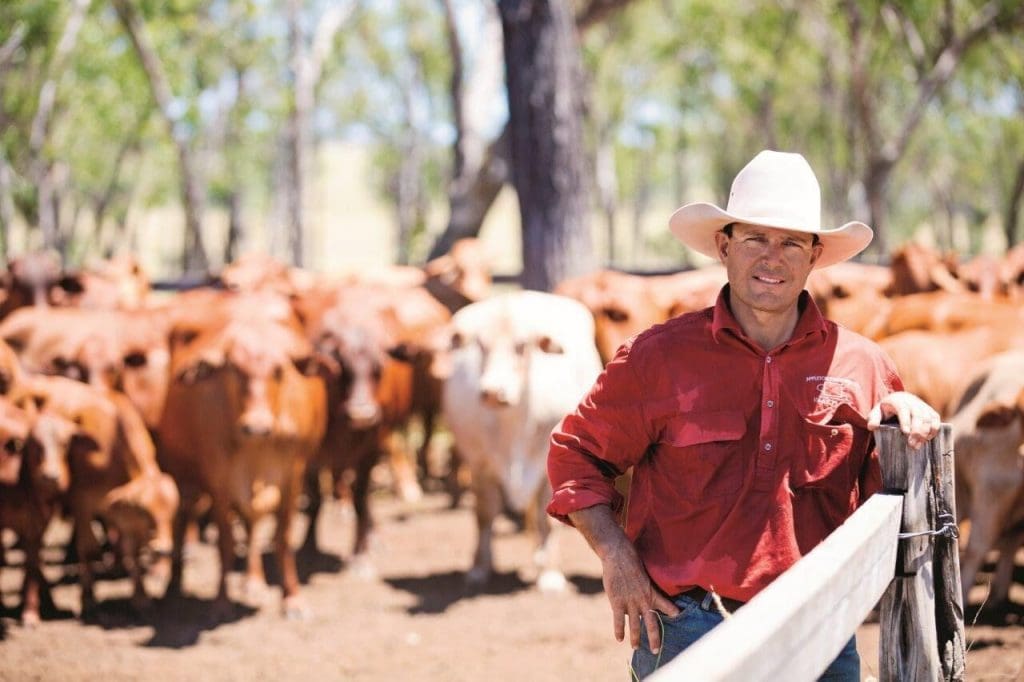NORTHERN grass-fed beef producers have a significant opportunity to capitalise on shifting consumer demands by better leveraging the attributes of the vast natural production systems unique to northern Australia.
The potential to better align current northern beef production methods with existing and emerging consumer trends has been the subject of research released today by Nuffield Scholar and Central Queensland beef producer, Fred Appleton.
With support from Rabobank, Mr Appleton’s research outlines that the northern beef industry is poised to meet many of the attributes consumers are increasingly looking for, such as organic beef, meat quality, traceability, animal welfare and environmental sustainability credentials.
“The natural, pristine environment of northern Australia gives us an excellent platform from which we can better tell the story of our product,” Mr Appleton said.
Travelling across the United Kingdom, Ireland, the Netherlands, North and South America and New Zealand during his Nuffield Scholarship, the competitive advantage of Australian producers became clear.
“Our low intensity grazing systems, which can produce a quality grass-fed product despite an often-harsh environment, are unique,” Mr Appleton said.
“Consumer concerns around the origin of food are intrinsically linked to sustainable production, food quality and improved animal welfare outcomes. Proactive producers understand that it is difficult to convince consumers of a product’s credibility unless it stacks up against a range of these criteria across the whole production system.”
Visiting TK Ranch, near Alberta, Canada, Mr Appleton saw firsthand the positive impact that better connection with consumers could have on a beef business.
“TK Ranch is a family owned and operated farm, producing beef and pork. Twenty years ago, the owners decided to sell direct to their consumers in an effort to avoid the price fluctuations and uncertainty of the commodity marketplace,” Mr Appleton said.
“Beyond the more stable income provided through direct selling, another benefit was the ability to get closer to the consumer and better understand their needs. Through tools like social media, TK Ranch have had a platform to both monitor direct consumer feedback and communicate their own story as a local farming family with a passion for their land and the welfare of their animals.”
While direct connection with consumers is more challenging in the vast regions of northern Australia, Mr Appleton’s report also explores the latent potential that comes with this landscape.
“From the edge of the Fitzroy and Burdekin regions in Central Queensland, through the desert channels near Alice Springs and into the Pilbara, the hot dry climate lends itself to organic production,” Mr Appleton said.
“Cattle are bred on extensive, low stocking rate operations and graze on native perennial and annual grasses, shrubs and native trees. Exposure to parasites is limited, so chemical treatment is not required.
“Consumer preference for organic products is not going away, and these northern regions present significant untapped potential that can be realised with very little change or investment in existing production practices.
“The quality of meat we produce, how we produce it, and where we produce it are all unparalleled, and already align with many consumer demands.
“If we can work together as an industry to better connect with consumers, and sell the story of simple, grass-fed beef production in northern Australia’s unique environment, then we will be able to realise greater premiums for our beef for generations to come.”
Source: Nuffield Australia

